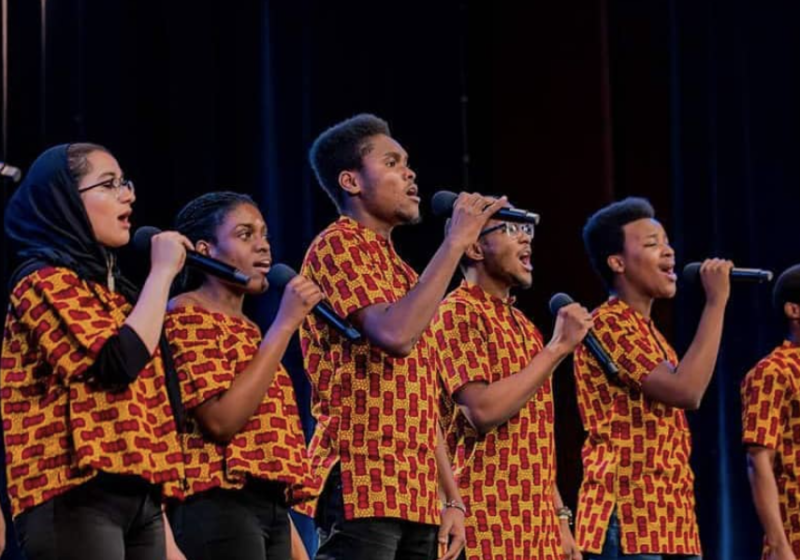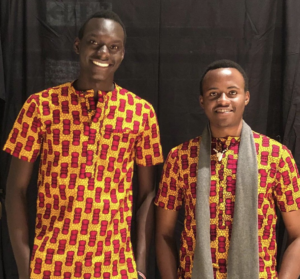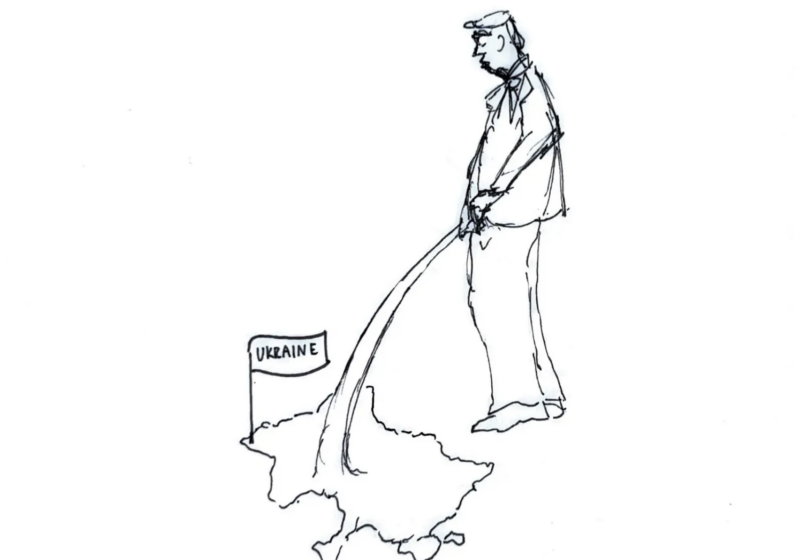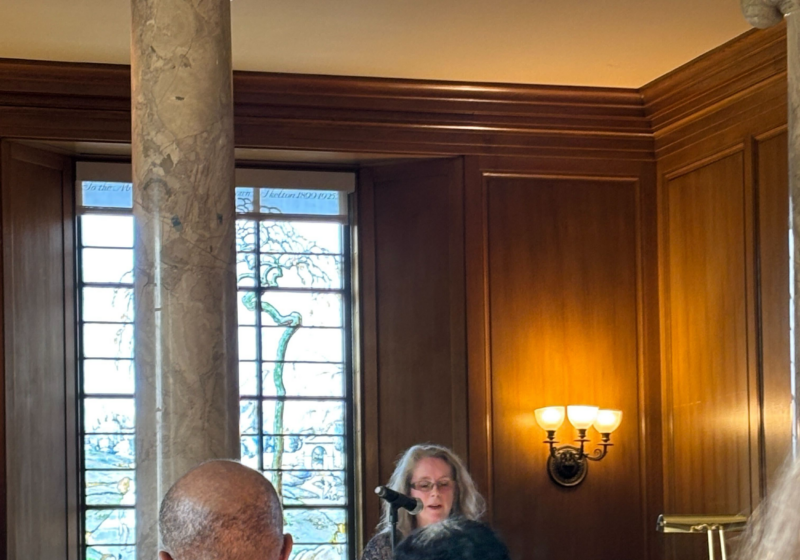When COVID-19 hit in March, I had no clue how certain music student groups would adjust to moving online. How would performers practice rhythm sensitive pieces of music with Zoom delays? How would they craft art that’s predicated on in-person collaboration when they’re not even allowed in the same room as each other?
This past Thursday I spoke with sophomore Paterne Iradukunda, one of the co-captains of PASApella. PASApella is the University’s Pan-African Student Association’s a cappella group, a subsidiary organization of the Pan-African Student Association.
Early in our conversation I asked Iradukunda what a normal day for PASApella was like pre-COVID-19. He recalled how the group would gather in Wilson Commons around 6:00 p.m. every Saturday. Before starting actual practice, they’d simply eat snacks and catch up with each other. Under normal circumstances this answer wouldn’t have been worth commenting on, but considering how much life has changed since then, hearing about PASApella’s old practice routine was a sweet reminder of what normal life used to be like. Iradukunda recounted that after about 10 to 15 minutes of socializing, PASApella would begin practice. Captains would designate vocal warmups to certain members, and after these warmups were over they would collectively practice songs they were tasked with performing at upcoming events.
Right before COVID-19 sent students home, PASApella was preparing for their largest performance of the year at Africanza, an annually held celebration of African culture by the Pan-African Students Association. In fact, they were deep within the process of refining multiple songs for this performance when the school suddenly cancelled all in-person events and moved classes online. Under these new rules, PASApella was unable to perform or practice with each other in person for the rest of the semester. “When the final decision came that no events would be held, that was a big blow. All this hard work, just gone like that.” Though the transition was difficult, Iradukunda said, “At some point, we just accepted it.” With this philosophy in mind, Iradukunda and the rest of PASApella kept in touch with each-other through the spring semester through Whatsapp, all the while preparing for how they would practice in the fall while social distancing.
Since being elected as co-captain in summer, Iradukunda has been leading PASApella practices in a totally different way this fall semester. PASApella will be performing in-person events which follow social distancing guidelines. Their next performance is in a few weeks, at the Pan-African Student Union’s Fall Showcase. But because casual in-person practices are a violation of social distancing and using Zoom is nearly impossible due to lag, Iradukunda and his co-captain assign specific vocal roles to members of PASApella to record on their own. Once all of these recordings are collected, members of PASApella compile them together into one cohesive whole, which Iradukunda calls an “assembly.” The function of the assembly is to let the group hear what their performances would sound like in a live setting and to make adjustments without breaking social distancing rules. Though this process has its own difficulties, such as standardizing the tempo of individual recordings and simply keeping track of all of them, Iradukunda alleges that the process has actually become quite productive, and the group has been able to put together coherent performances.
While the group has successfully practiced in this fashion, a lot of what made the process enjoyable and fulfilling has been lost. “One of the primary objectives of the group is to improve on your singing skills,” Iradukunda said. “Since you meet people and practice together, you learn skills from others. So since that part is removed, the growth in singing and performing is hurt.” Iradukunda also mentioned that some longtime members aren’t able to participate when they are at home overseas since remote practice combined with the time zone difference would be far too great a burden on them.
Even considering these setbacks, what Iradukunda and PASApella have accomplished this semester is impressive. The creativity and effort the group has shown this fall in pursuit of their passion for a cappella is nothing short of admirable, and I hope they inspire any readers who are afraid of pursuing their art in the face of COVID-19’s adversity.







